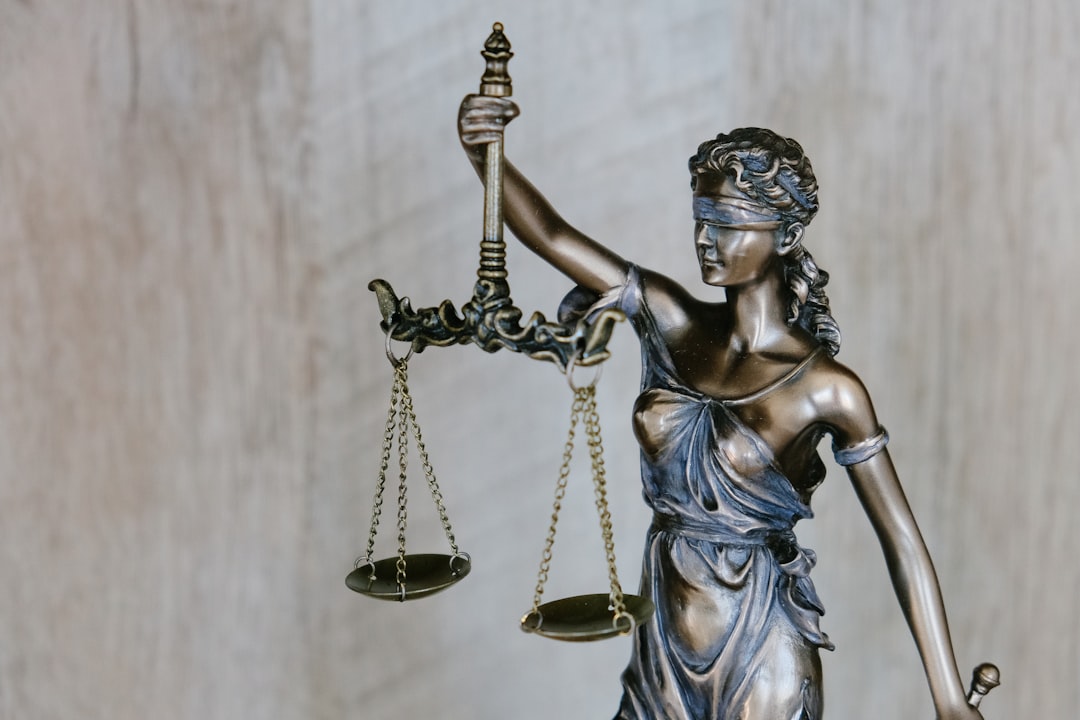Rape attorneys in Philadelphia, PA face a complex legal landscape when utilizing social media evidence in sexual assault cases. They must balance presenting digital evidence for stronger cases with respecting victims' privacy and adhering to guidelines to avoid juror bias. Proper handling involves redacting personal data, ensuring user consent, and following legal precedents for admissibility under Pennsylvania's rules of evidence. This meticulous approach enhances defense strategies while upholding justice in these challenging cases.
“In the digital age, social media evidence plays a pivotal role in sexual assault trials, particularly in Philadelphia, PA. This article delves into the intricate process of utilizing digital evidence in such cases, focusing on key aspects for rape attorneys. We explore legal considerations specific to Philadelphia, effective gathering and admission of online proof, and ethical dilemmas faced by defense counsel. Understanding these dynamics is crucial for navigating complex sexual assault trials, ensuring justice for all involved.”
Understanding Social Media Evidence in Sexual Assault Cases

In today’s digital age, social media platforms can serve as powerful tools in sexual assault cases. Evidence from these sites, such as messages, posts, and images, can provide crucial insights into the interactions between the victim and accused. Rape attorneys in Philadelphia, PA, are increasingly utilizing this digital evidence to build robust cases.
Understanding how this evidence is collected, analyzed, and presented in court is essential for both legal professionals and victims. Social media offers a window into the accused’s intent and the circumstances surrounding the assault, potentially strengthening or challenging the victim’s narrative. However, it also raises concerns about privacy and consent, emphasizing the need for careful handling and adherence to legal guidelines when using such evidence during trials.
Legal Considerations for Rape Attorneys in Philadelphia

In Philadelphia, PA, rape attorneys face unique challenges when utilizing social media evidence in sexual assault trials. The legal landscape is nuanced, with strict rules governing admissibility and privacy concerns. Attorneys must carefully navigate the balance between presenting compelling evidence and respecting the victim’s digital privacy. Pennsylvania law allows for the admission of social media posts if they are relevant and authenticated, but sensitive content often requires a thorough analysis to ensure it does not violate the defendant’s rights or taint the jury’s perception.
Rape attorneys in Philadelphia must also be mindful of the potential for prejudicial bias among jurors. Social media platforms can provide powerful insights into an individual’s character, but these insights must be carefully curated and presented ethically. Proper handling of social media evidence involves redacting personal identifiers, ensuring consent from the user (if possible), and adhering to legal precedents that govern its use in court. This meticulous approach not only strengthens the defense strategy but also upholds justice while respecting the complexities involved in sexual assault cases.
Gathering and Admitting Digital Evidence Effectively

In the digital age, gathering and presenting social media evidence is a critical aspect of sexual assault trials in Philadelphia, PA. Rape attorneys must be adept at extracting relevant data from various platforms to strengthen their cases. Digital forensics experts play a pivotal role here, ensuring that evidence is gathered meticulously while preserving its integrity. With proper procedures, attorneys can access messages, photos, and videos that might serve as compelling witnesses, providing an objective view of the incident in question.
Admissibility is a key concern when introducing social media evidence. Lawyers need to navigate complex legal grounds to have this digital material accepted in court. They must demonstrate its relevance, authenticity, and the defendant’s ownership or control over the account. This process requires meticulous preparation and an understanding of Pennsylvania’s rules of evidence to effectively utilize social media as proof during sexual assault trials.
Ethical Dilemmas and Potential Challenges for Defense Counsel

Defending against sexual assault charges in Philadelphia, PA requires a delicate balance for defense counsel. One significant challenge is navigating the use of social media evidence, which can be both a double-edged sword. On one hand, it offers opportunities to undermine the prosecution’s case by exposing inconsistencies or potential fabrication in alleged victim testimonies. However, this strategy also presents ethical dilemmas and risks alienating juries. Lawyers must tread carefully to avoid appearing to disparage survivors while utilizing digital trails that could exonerate their clients.
Another challenge is ensuring the proper handling of sensitive material. Defense counsel must adhere to strict guidelines regarding the admission of such evidence to prevent prejudicing their client. This includes meticulous consideration of relevance, prejudice, and potential for confusion, as social media posts can be easily misinterpreted or taken out of context. The ethical responsibility to uphold the integrity of the judicial process while protecting the rights of the accused demands a nuanced approach in these complex cases involving rape attorneys in Philadelphia PA.






